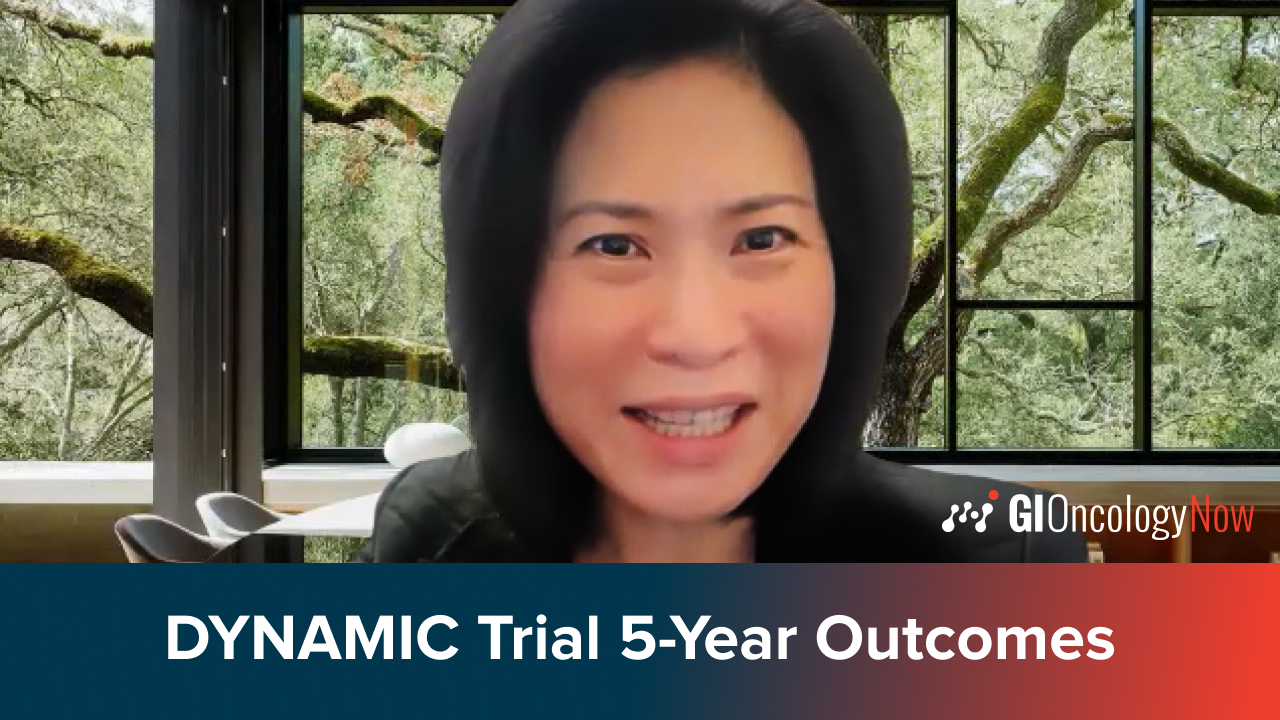Determining Appropriate Treatment for Stage 4 Colon Cancer
By Cathy Eng, MD, FACP, FASCO - Last Updated: March 19, 2025Cathy Eng, MD, FACP, FASCO, of Vanderbilt-Ingram Cancer Center, explains how she makes sense of and determines which stage 4 third-line therapy options to administer to her patients with colon cancer.
She also compares outcomes data for TAS-102, regorafenib, and fruquintinib, and divulges how much patient considerations factor into her recommendations.
—
Dr. Eng: All these drugs are approved in the third-line or plus setting, and it is actually TAS-102 plus bevacizumab. Patients still have to go in for IV bevacizumab, which is given every 2 weeks, or regorafenib, which is an oral agent, or fruquintinib, which is also an oral agent. TAS-102 is a very different drug because it is a chemotherapy agent: trifluridine tipiracil. Bevacizumab is the anti-VEGF component. Regorafenib is a multi-targeted TKI, which also impacts the VEGF pathway, but fruquintinib is a selective inhibitor of VEGF receptors one, two, and three.
With the combination of TAS-102, bevacizumab, and then regorafenib as well as fruquintinib, they all block the VEGF pathway, and that is important to reduce the risk of metastasis. Reportedly, based upon the data we have, the VEGF pathway is extremely important to reduce the risk of metastasis. Obviously, all of these trials have been conducted to improve overall survival.







 © 2025 Mashup Media, LLC, a Formedics Property. All Rights Reserved.
© 2025 Mashup Media, LLC, a Formedics Property. All Rights Reserved.